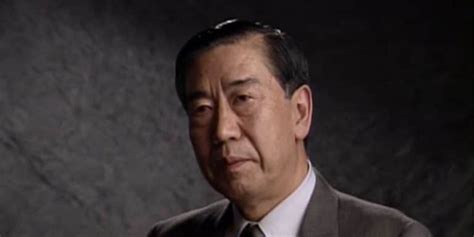A Quote by Erik Brynjolfsson
When goods are digital, they can be replicated with perfect quality at nearly zero cost, and they can be delivered almost instantaneously. Welcome to the economics of abundance.
Related Quotes
[Social legislation] raised the cost of production; and what can be more illogical than to raise the cost of production in the country and then to allow the products of other countries which are not surrounded by any similar legislation, which are free from any similar cost and expenditure freely to enter our country in competition with our own goods...If these foreign goods come in cheaper, one of two things must follow...either you will take lower wages or you will lose your work.




































